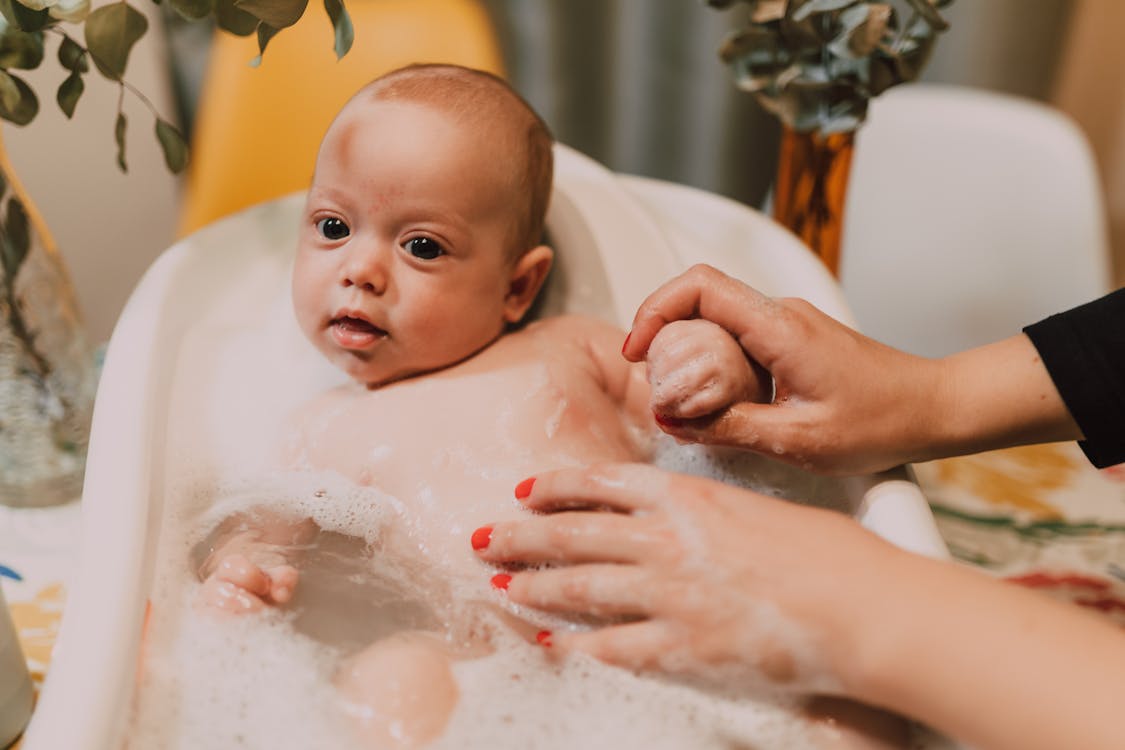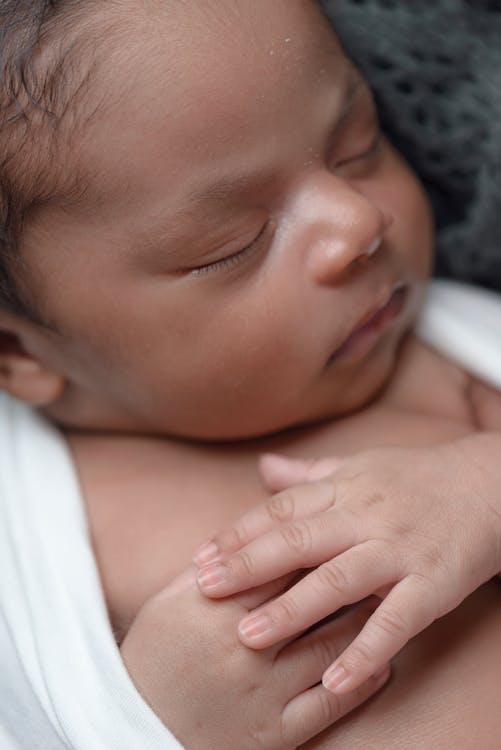Baby Eye, Ear, And Nose Care: Essential Tips For Maintaining Hygiene
Introduction
Maintaining good hygiene for babies is essential for their health and well-being. As caregivers, it is our responsibility to ensure that all aspects of their hygiene are taken care of, including their eyes, ears, and nose. These areas require special attention as they are delicate and prone to infection. In this article, we will discuss the importance of cleaning these areas and provide tips for doing so effectively. We will also highlight the use of gentle techniques and products to avoid causing discomfort to your little one's delicate skin. With proper hygiene, you can ensure that your baby stays clean, healthy, and happy.
Cleaning Baby Eyes
When it comes to maintaining good hygiene for babies, there are a few key areas that require regular cleaning. These include the eyes, ears, and nose. Proper cleaning of these areas not only helps keep your baby clean and comfortable, but it also helps prevent infections and other issues.
The Correct Method

To clean your baby's eyes, it is important to use gentle techniques and products. Warm water and cotton wool or a soft washcloth are the best options for delicate baby skin. Start by wiping from the inside corners of the eye to the outside corners. This helps remove any built-up discharge or dirt. Be sure to use a clean section of cloth or a new cotton wool for each eye to avoid spreading any bacteria.
Soothing Your Baby
Cleaning baby eyes can be uncomfortable for your little one. To make the process easier, try talking gently or singing a song to distract and calm them. You can also gently hold their head and support their chin to make it easier to wipe away any discharge. Remember to be patient and gentle, as this can help establish good hygiene habits early on and make the process more bearable for both you and your baby.
Cleaning Baby Ears
Cleaning the ears is an essential part of maintaining good hygiene for babies. However, it is important to note that the inside of the ear should never be cleaned as it can lead to damage or infection. To clean the outside of the ears, use a soft washcloth or cotton wool with warm water. Gently wipe the ear from the top to the bottom, avoiding going too deep into the ear canal. Never use cotton swabs as they can push dirt and wax further into the ear, causing potential harm. If there is excess wax buildup or discomfort in the ear, consult a pediatrician. Remember to talk or sing to your baby during the cleaning process to help them stay calm. By following these simple steps, you can keep your baby's ears clean and healthy.
Cleaning Baby Nose
The nose is a vital part of a baby's respiratory system and keeping it clean is crucial for their health and comfort. To clean your baby's nose, start by moistening a soft washcloth with warm water. Gently wipe the outside of your baby's nose, being careful not to insert anything inside the nostrils. This will help remove any dirt or mucus that may have accumulated. It's important to only clean the outside of the nose, as cleaning inside can cause discomfort and potentially harm your baby's delicate nasal passages. Regularly cleaning your baby's nose can also help prevent congestion and keep them breathing comfortably. Remember to use gentle techniques and products to avoid irritating their sensitive skin. By incorporating nose cleaning into your baby's hygiene routine, you can help ensure their overall well-being.
Avoiding Soap In Eyes, Ears & Nose

When it comes to cleaning delicate areas such as baby eyes, ears, and nose, it is important to choose the right products. While it may be tempting to use soap, it is not recommended for cleaning a baby's sensitive skin.
Soap can dry out the skin and cause irritation, making it uncomfortable for the baby. Instead, opt for gentle baby cleansers or natural remedies specifically made for babies.
Be sure to read the labels and ingredients carefully before using any product on your baby's skin. Look for products that are hypoallergenic and free of harsh chemicals. These will be gentle on the skin and help maintain its natural balance.
In addition to avoiding soap, it is also important to use a soft washcloth or cotton wool when cleaning delicate areas. This will minimize any potential discomfort for the baby and ensure proper hygiene without causing any harm.
Other Aspects of Baby Hygiene
Aside from the eyes, ears, and nose, there are other important areas of a baby's body that require proper hygiene. This includes dental care, umbilical care, and baby genital care.
-
Dental Care: Even before your baby has teeth, it's important to start practicing good oral hygiene. Wiping their gums with a soft cloth after feedings can help prevent bacteria from building up. Once their first teeth start to come in, you can start using a small, soft toothbrush with water or a tiny amount of toothpaste.
-
Umbilical Care: While a baby's umbilical cord stump is healing, it's important to keep it clean and dry. Use a cotton ball or swab dipped in rubbing alcohol to gently clean around the stump, and make sure to keep the area free of moisture to prevent infection.
-
Baby Genital Care: When cleaning a baby's genital area, it's important to be gentle and use mild products. For girls, wipe from front to back to avoid spreading bacteria. For boys, make sure to clean under the scrotum and around the penis.
Remember: Always be gentle and use mild products when it comes to these sensitive areas. And if you have any concerns or questions about your baby's hygiene, make sure to consult with your pediatrician.
Cutting Baby Nails

It is important to regularly trim your baby's nails to prevent them from scratching themselves or others. However, cutting a newborn's nails can be a daunting task. To make it easier, try doing it while your baby is calm or asleep. You can also try using nail clippers with a magnifying glass to make it easier to see and cut the tiny nails. It is also important to use caution and not cut the nails too short, as this can cause bleeding and discomfort for your baby. Long nails can also harbor bacteria and increase the risk of infection. By keeping your baby's nails short, you are not only preventing potential harm, but also promoting good hygiene. Remember to approach this task with patience and care to ensure a positive experience for both you and your baby.
Conclusion
Maintaining good hygiene for babies is crucial for their health and comfort. It is important to regularly clean their eyes, ears, and nose using gentle techniques and products. Remember to wipe baby eyes from the inside corners to the outside corners, and only clean the outside of their nose and ears. Avoid using soap and choose gentle cleansers for their delicate skin. In addition to eye, ear, and nose care, dental care, umbilical care, and baby genital care are also essential aspects of maintaining good hygiene. Don't forget to regularly trim their nails to prevent scratching and potential harm. Remember to approach these tasks with patience and use calming techniques such as talking gently or singing a song. By establishing good hygiene habits early on, you can ensure a healthy and happy baby.
